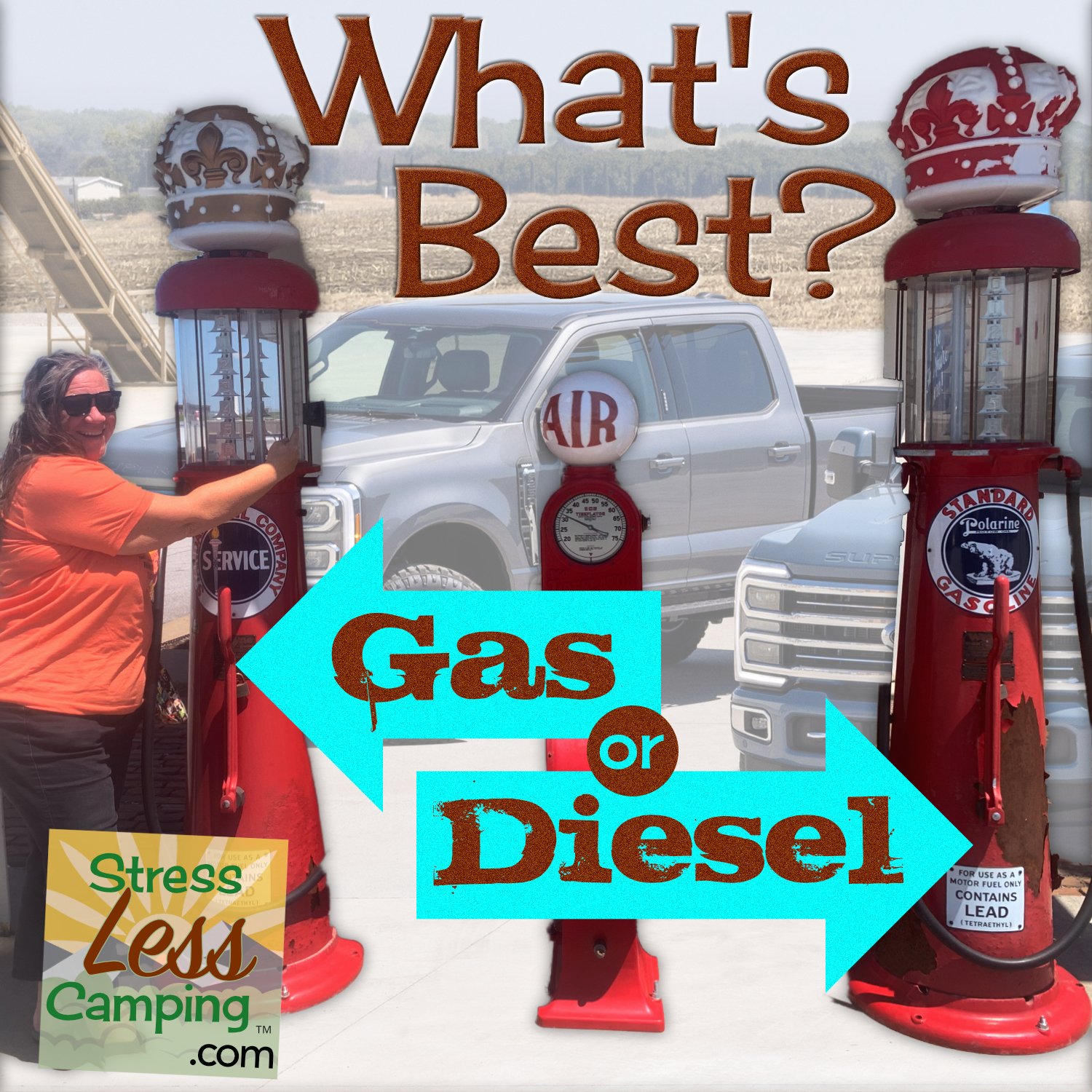Do I need a CDL to drive an RV?
Do you need a CDL, or Commercial Driver’s License, to operate a motorhome or other large RV such as a fifth wheel? What if your tow vehicle and trailer is of a certain size? Recently we had a podcast listener write in asking us this question and so we have the answers here.
Whether you need a Commercial Driver’s License depends on where you live and that state’s requirements. Further, there isn’t just one answer owing to the complexity of local laws. And the requirement to get a CDL might include other stipulations, including a medical examination.
The ARI Legacy Sleeper is like a motorhome inside - but it can pull a commercial trailer.
What is a CDL or Commercial Driver’s License
Basically speaking a commercial driver’s license, or CDL, is a license that allows you to drive vehicles of a certain size and/or weight. This can include things like buses, dump trucks, moving vans and other larger vehicles. The requirements of having a commercial driver’s license may also include medical examinations and there may also be components of drug testing.
The thinking is that this kind of ability also gives you a great deal of responsibility. A large bus or commercial vehicle offers its own challenges as well which is why some states have the requirement that certain vehicles over a specific size and/or weight be only operated by specifically-licensed individuals.
A photograph borrowed from a Facebook Group about RVers who own commercial tow vehicles.
The Good News
If your RV has a gross weight rating (GVW) of fewer than 26,000 pounds you don’t need a special license in any of the 50 states in these United States.
Many Class A diesel pushers have a GVW over this 26,000 pound number but it’s also important to know the gross vehicle weight rating (GVWR) or gross combined weight rating (GCWR) of a towing truck and the fifth wheel if that’s your type of RV. Some of the larger fifth wheels being towed by a one-ton diesel pickup can come close to, or even go over this number.
State list
Below we have the list of states that require a special type of license and some of the stipulations that may be in place for you to get such a license. Not that this information is believed to be accurate at the time this post was made live, but things do change from time to time so your best bet is to evaluate your own home state’s requirements by contacting your local department of motor vehicles or equivalent.
What about Canada?
Let’s say you’re planning to travel to Alaska which means you’ll have to travel through Canada. Do you need a Commercial License in Canada? The answer is, essentially, no. As long as you carry the appropriate license from your home state in the US you’re in compliance with Canadian law for Americans traveling through that country.
States That Require A Commercial Driver’s License
Arkansas: CDL required for vehicle with a GVWR over 26,000 lb
Connecticut: CDL (Class B) required for single vehicle with a GVWR over 26,000 lb; CDL (Class A) required for multiple vehicles with combined (GCWR) weight over 26,000 lb
Hawaii: CDL (Class B) required for single vehicle over 26,000 lb; CDL (Class A) required for multiple vehicles with combined weight over 26,000 lb
Kansas: CDL (Class B) required for single vehicle over 26,000 lb; CDL (Class A) required for multiple vehicles with combined weight over 26,000 lb
New Mexico: CDL (Class B) required for single vehicle over 26,000 lb; CDL (Class A) required for multiple vehicles with combined weight over 26,000 lb
Washington, D.C.: CDL (Class B) required for single vehicle over 26,000 lb; CDL (Class A) required for multiple vehicles with combined weight over 26,000 lb
Wisconsin: CDL required over 45 feet
States That Require A Non-Commercial Special Driver’s License
California: Class B license required over 26,000 lb or over 40 feet; Class A license required for towing over 10,000 lbs
Maryland: Class B license required over 26,000 lb
Michigan: Recreational Double “R” Endorsement required to tow a fifth wheel plus a trailer
North Carolina: Class B license required for single vehicle over 26,000 lb; Class A license required for multiple vehicles with combined weight over 26,000 lb
Nevada: Class B license required for single vehicle over 26,000 lb; Class A license required for multiple vehicles with combined weight over 26,000 lb; “J” Endorsement required to tow a vehicle over 10,000 lb (if the combined weight is less than 26,000 lb)
New York: Recreational Vehicle or “R” endorsement required for vehicles over 26,000 lb
Pennsylvania: Class B license required for single vehicle over 26,000 lb; equired for multiple vehicles with combined weight over 26,000 lb
South Carolina: Class E license required for single vehicle over 26,000 lb; Class F license required for multiple vehicles with combined weight over 26,000 lb
Texas: Class B license required for single vehicle over 26,000 lb; Class A license required for multiple vehicles with combined weight over 26,000 lb
Wyoming: Class B license required for vehicle over 26,000 lb and towing under 10,000 lb; Class A license required for vehicle over 26,000 lb and towing over 10,000 lb
States That Do Not Require a Special Drivers License
The incredible Newell Coach - a hand-built beauty
Finally, here are the states where you’re free and clear to drive an RV with your regular driver’s license (per our latest update).
Alabama
Alaska
Arizona
Colorado
Delaware
Florida
Georgia
Idaho
Illinois
Indiana
Iowa
Kentucky
Louisiana
Maine
Massachusetts
Minnesota
Mississippi
Missouri
Montana
Nebraska
New Hampshire
New Jersey
North Dakota
Ohio
Oklahoma
Oregon
Rhode Island
South Dakota
Tennessee
Utah
Vermont
Virginia
Washington
West Virginia









